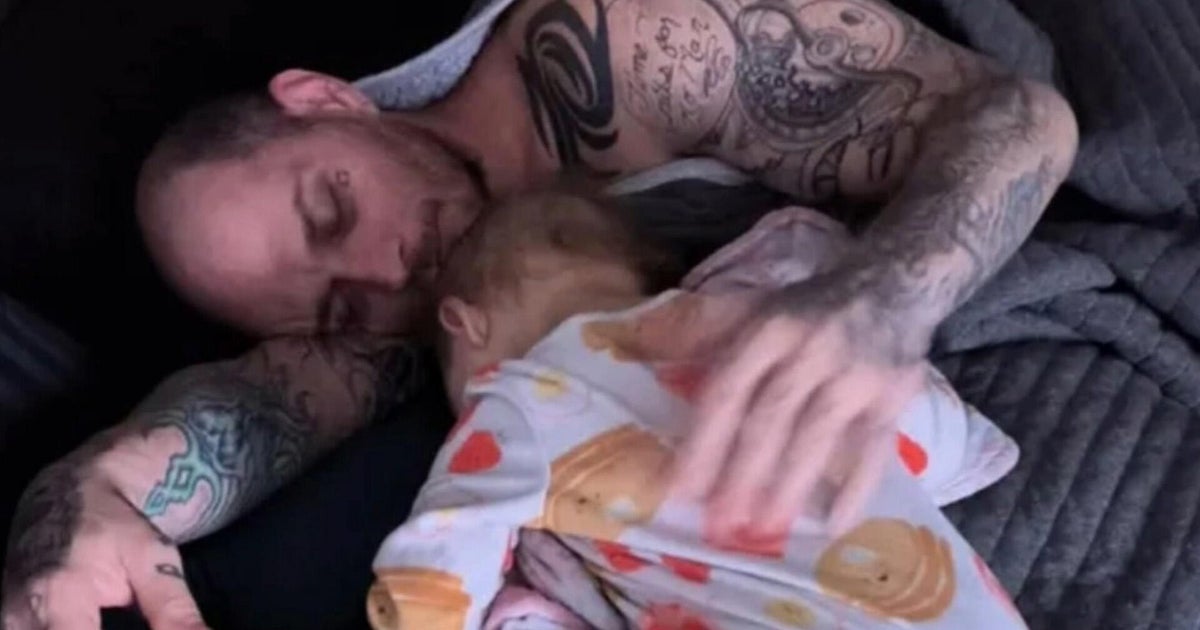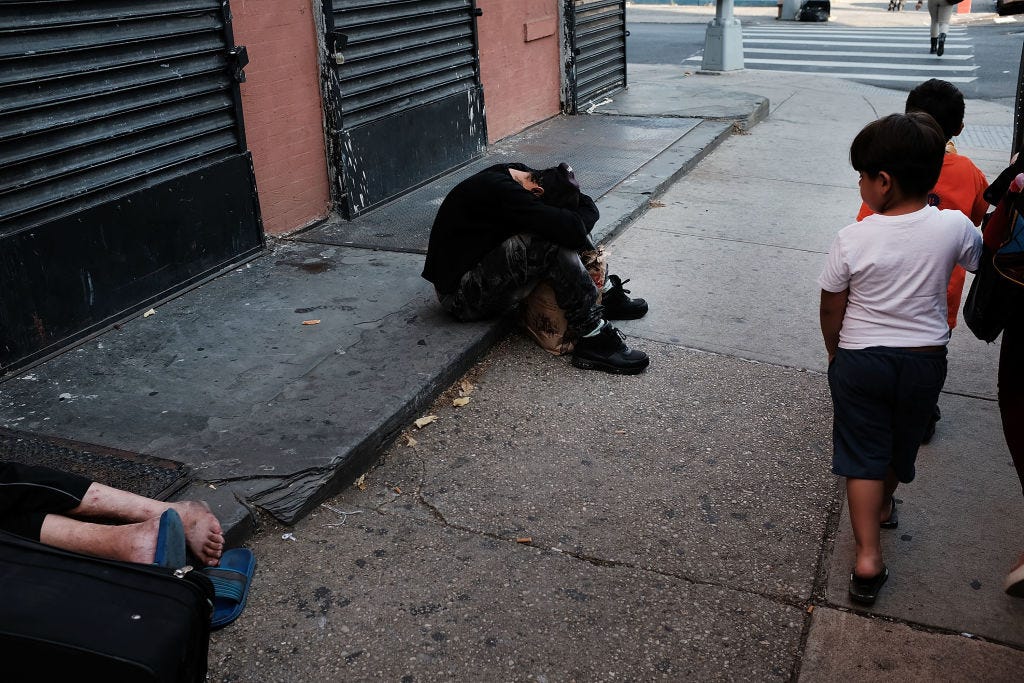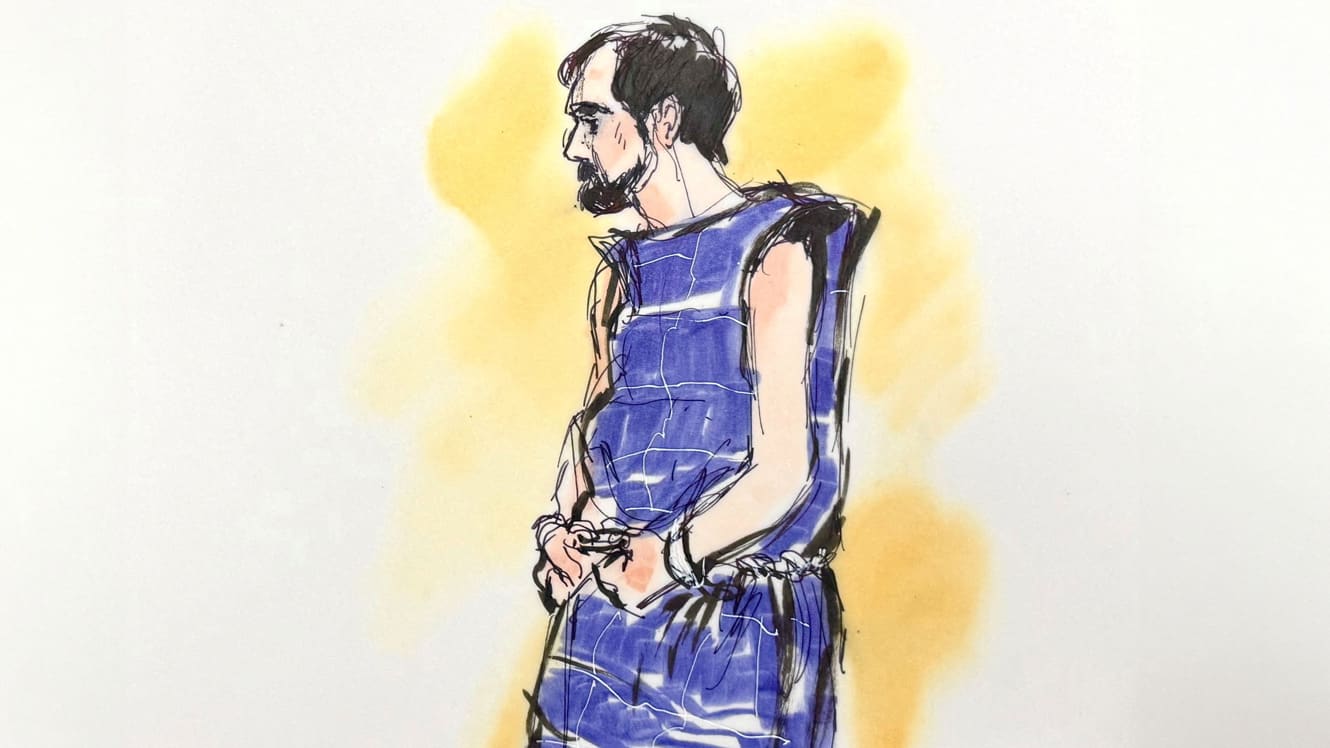Man who dealt the fentanyl that killed Mac Miller to plead guilty to distributing drug
Ryan Reavis, the man accused of selling the drugs that killed rapper Mac Miller, has agreed to plead guilty to distributing fentanyl, the Department of Justice announced Wednesday. The 38-year-old is one of several charged in the overdose death of Miller three years ago.
Reavis "knowingly distributed counterfeit oxycodone pills" to 30-year-old Cameron James Pettit in Los Angeles on September 4, 2018, the plea agreement states. Pettit then gave the pills, which had fentanyl in them, to 26-year-old Mac Miller, born Malcolm James McCormick. Miller died of a drug overdose two days later — on September 7 — in the Studio City neighborhood of Los Angeles.
According to the plea agreement, Miller, who also had cocaine and alcohol in his system, would not have died if it weren't for the fentanyl.
Last month, Reavis' co-defendant, Stephen Andrew Walter, agreed to plead guilty to knowingly distributing fentanyl. Walter had directed Reavis to deal the fentanyl to Pettit.
Walter and Reavis are expected to plead guilty before a Los Angeles district judge in the coming weeks, according to the Justice Department. Reavis could face up to 20 years in prison and a $1 million fine.
The case against Pettit is pending, the Justice Department said.
Miller made a name for himself in the independent rap scene beginning in 2010. After two chart-topping albums, he signed with Warner Records in 2014. Just before his death, Miller released his fifth studio album and was preparing to tour.
The rapper and producer spoke often about his struggle to stay sober. In May 2018, he crashed his SUV into a light pole while under the influence, an experience he said "needed to happen" to change his perspective on life.
"It just seems exhausting to always be battling something … to always be battling for what you think your image is supposed to be," Miller told Vulture in one of his final interviews, published the day before his death. "You're never going to be able to get anything across. It's never gonna be the real … No one's gonna ever really know me. You know what I mean? That's okay. The people that have the best chance of knowing me, that would like to, would just be by listening to my music. Even friends that I've lost touch with, if they ask how I've been, I'm like, "That's the best way to know how I'm doing."
In 2018, he was posthumously nominated for his first Grammy for his final album "Swimming."
Zoe Christen Jones contributed reporting.





